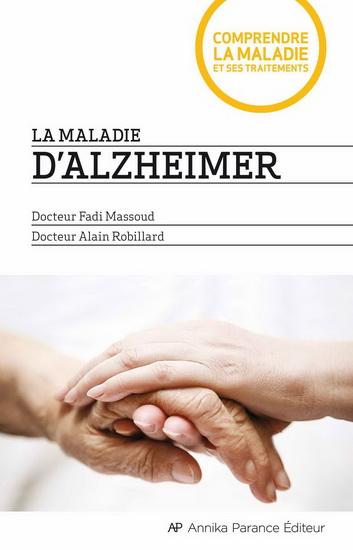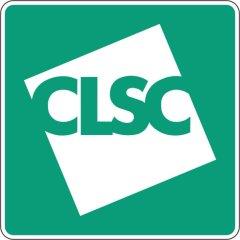
Psychosis and Older Adults
What is psychosis?
Psychosis is a state defined by a loss of contact with reality that can take many forms, notably the presence of delusions (paranoia for example) or hallucinations (hearing, seeing, feeling things that are not real).
Psychotic symptoms are found in many illnesses that can affect an older population.
Causes
Psychiatric diseases such as schizophrenia are mainly characterized by symptoms of psychosis. Though schizophrenia may appear for the first time at an older age, it most commonly presents itself in young adults. The onset of new psychotic symptoms in the older adult requires a medical evaluation to rule out other medical causes.
Cognitive disorders (also known as dementias) are often accompanied by psychosis. If your loved one has been having memory problems or difficulty in doing their daily activities for some time, their psychotic symptoms may be secondary to an underlying cognitive disorder (Alzheimer’s disease is one type of cognitive disorder). Hallucinations can also appear as part of the symptoms of a cognitive disorder.
If the psychotic symptoms appear very abruptly and are accompanied by confusion, sudden disorientation (for example not knowing the date and time), sleepiness or agitation, a diagnosis of delirium must be ruled out. Delirium is an acute state of loss of attention and changes in consciousness that is caused by an underlying medical condition. Read more about delirium here.
Treatment
The treatment of psychotic symptoms will depend on their specific cause. This will require a medical assessment.
In delirium, the mainstay of treatment will be addressing the underlying cause, for example reviewing prescribed medication, treating an infection, etc. In other cases, your loved one’s doctor may suggest medications called antipsychotics if the symptoms are disruptive or if their daily life is severely affected. A discussion with your doctor about the risks and benefits of medication will assist you in helping your loved one make the best decision.












